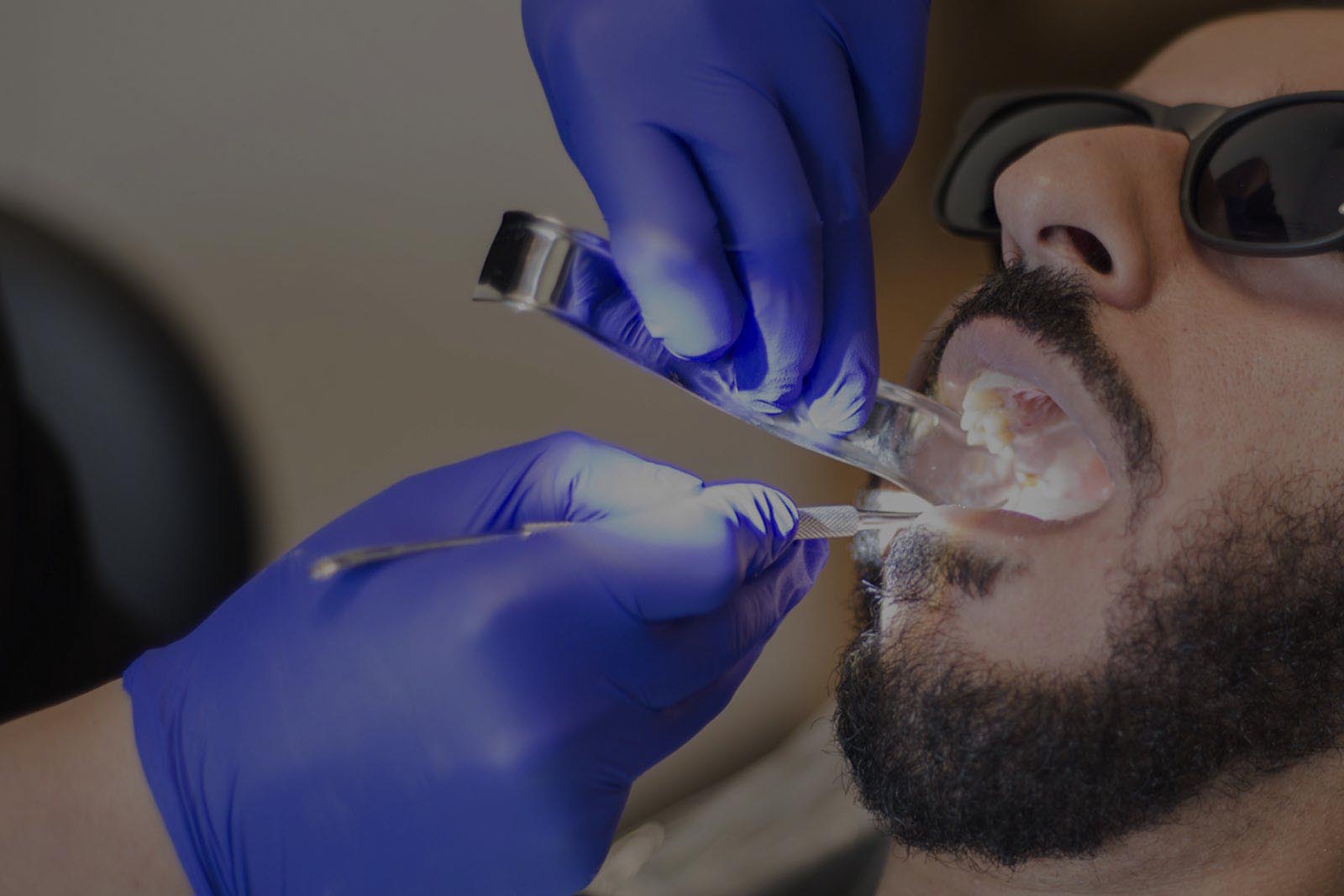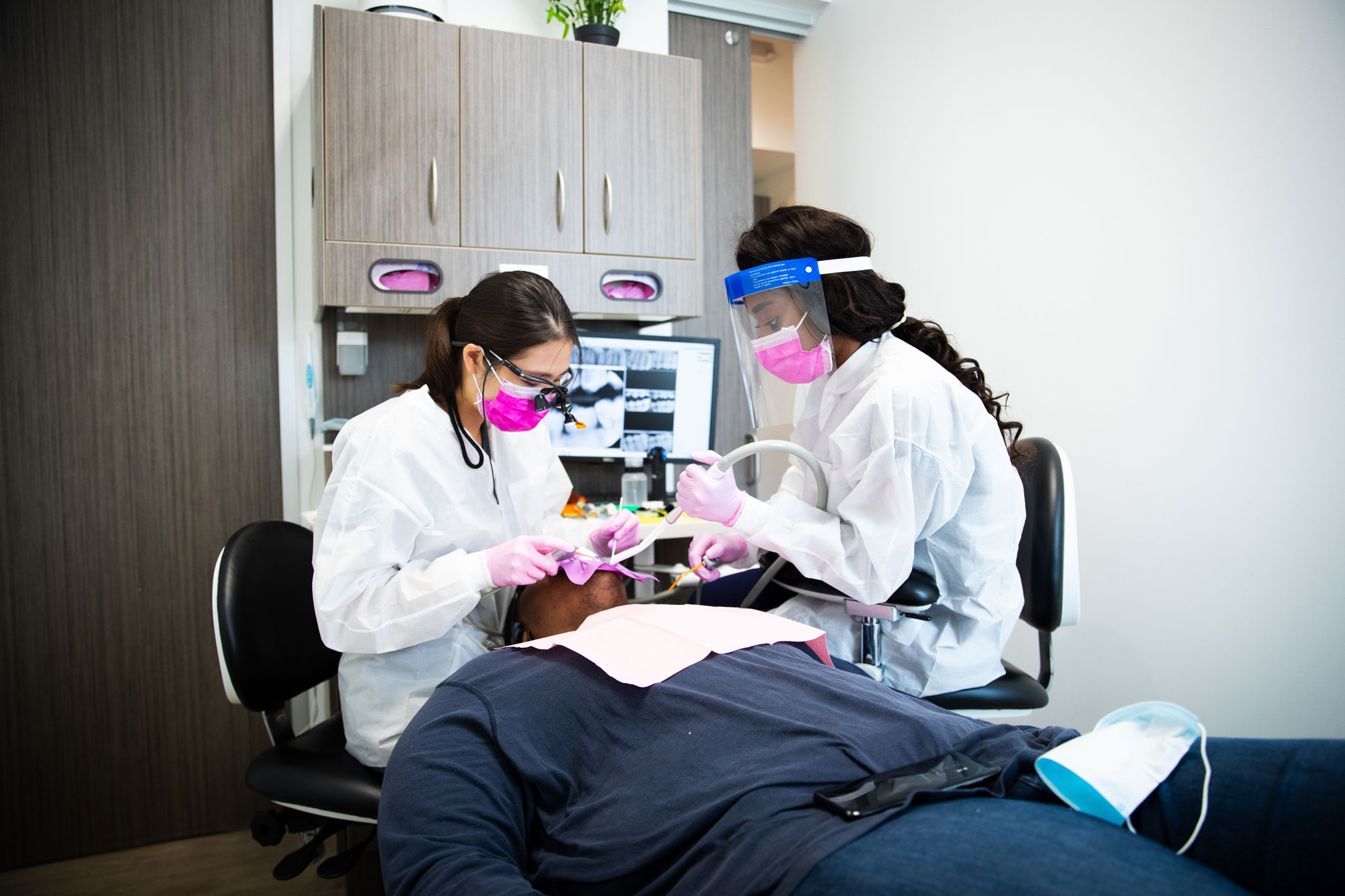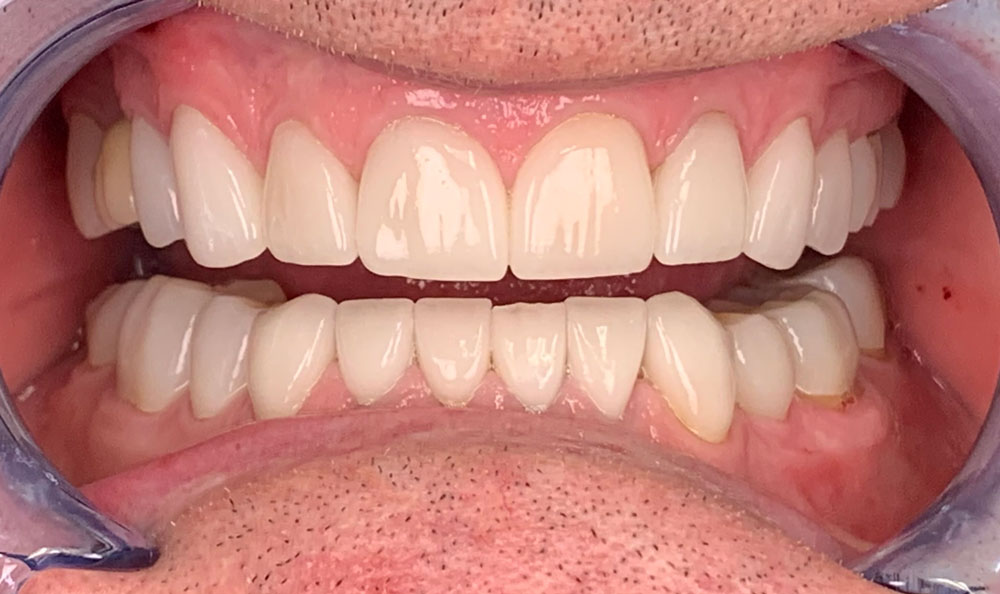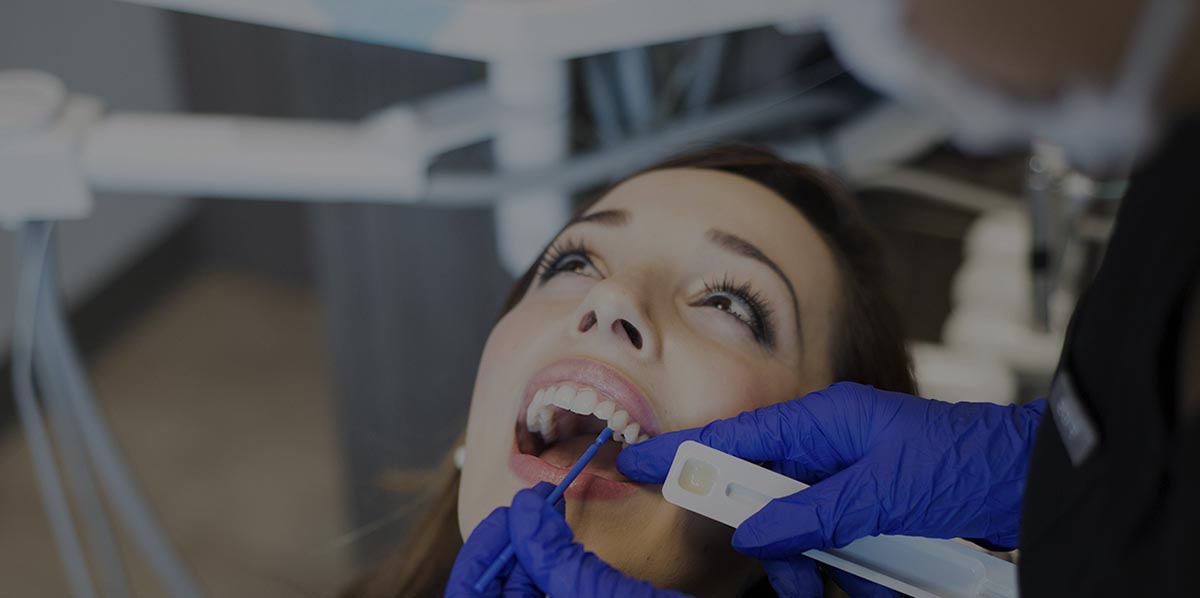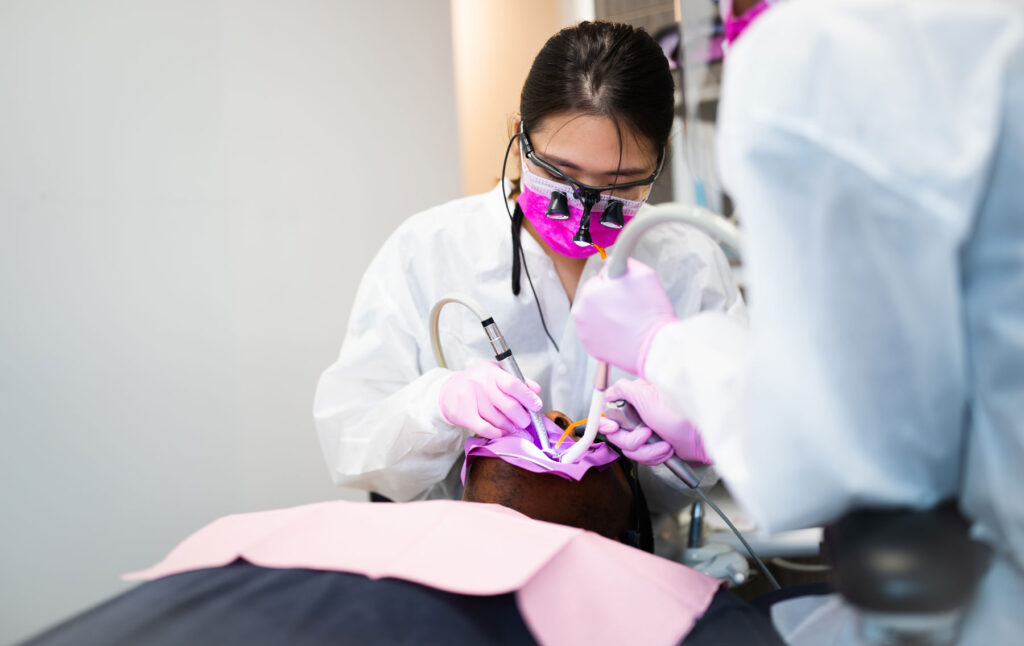Invisalign is better because they have many benefits that only an Invisalign treatment can give and shows th effective results in 12 to 18 months. Many people think that only braces can straighten teeth. These invisible aligners move your teeth slowly and straighten them; the treatment is much more comfortable than traditional braces. So if you are avoiding the treatment because of those metal wires, here is a solution that can help you.
So if you're considering getting braces instead of Invisalign, check out these six reasons why you may want to choose Invisalign.
Easier to Clean
The first benefit is that you can clean the Invisalign easily; you can remove the trays and clean them. When the food gets stuck in an area that is hard to clean, it can cause poor dental hygiene.
But Invisalign aligners are easy to remove from the mouth and clean them. Don't worry about flossing or brushing in between brackets and wires in braces because Invisalign is completely removable. This way, you can protect your teeth from poor hygiene.
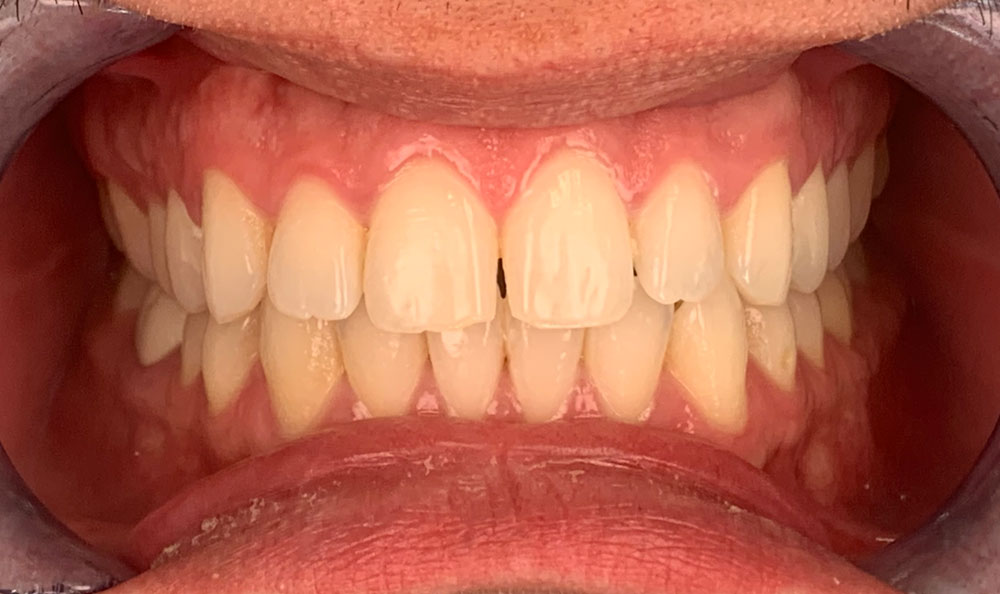
No Food Restrictions
When you have braces, your emergency dentist care near me will instruct you to eat many foods to avoid chewing hard candies or food that can stick to your teeth and wires. But not everyone can stay upto the instructions and end up damaging the wires or brackets. But when you choose Invisalign, you dont have to worry about the food; you can eat your favorite food as they are easy to remove.
More Comfortable
With Invisalign, you can be more comfortable, as installing any appliance in your mouth takes time to get used to it. But with Invisalign, you don't have to get used to it as it is already comfortable. No sharp edges and no tightening of the brackets in each visit to your Invisalign dentist near me.
Nearly Invisible
Compared to braces, Invisalign is less visible or almost not visible until you tell someone about it. When you smile, you can smile loudly without the embracement of braces being shown. Invisalign clear aligners are made of clear plastic, so they are nearly visible when you smile or talk.
Fewer visits to the Orthodontist
A person wearing braces has to visit the dentist frequently to tighten the wires when they are straightening their teeth. The dentist pulls the wires in each visit to make the treatment successful. On the other hand, Invisalign does not need regular visits to the dentist. The dentist will provide you with multiple sets of Invisalign to change them; you can put them simply on your own.
Although still for routine checkups, you have to visit your Aetna dentist near me. To check on the progress every 4 to 8 weeks. But they usually are less often than tightening appointments for braces.
No Discoloration
With braces, some patients experience discoloration in the bracket area, but with Invisalign, there is no such discoloration problem. Discoloration usually happens when you consume a lot of sugar, coffee, or other staining foods. You can avoid staining by using Invisalign.

Less Bulky
Braces feel bulky, with brackets and bands around the teeth and irritating metal wires that can sometimes hurt inside the mouth. Invisalign aligners are easy and comfortable to handle. They are less bulky, do not irritate your gums, and Invisalign puts pressure on the teeth to move them slightly back to their original position. There might be discomfort for 1 or 2 days, but you will be comfortable soon.
In Conclusion:
If you are considering Invisalign, schedule an Appointment Today and relish the benefits of Invisalign. If you are interested in getting Invisalign or any of our other orthodontics services, call or contact dentists near me delta dental online to schedule an appointment Today.
Article Source : https://www.articleapprove.com/why-should-you-choose-invisalign/
